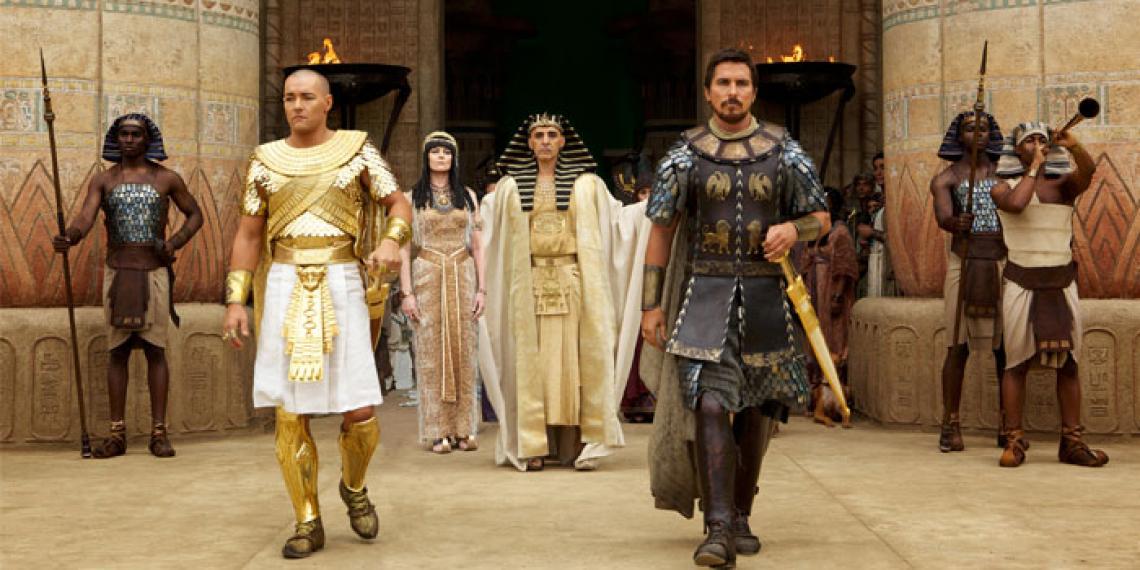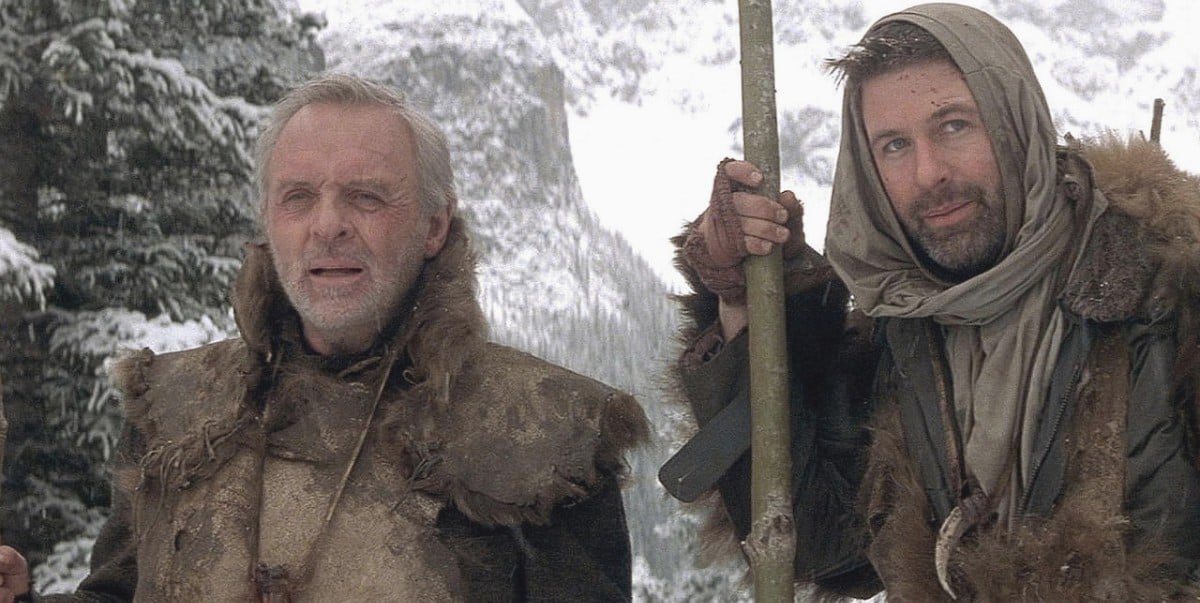Pharaoh is a visually stunning and intellectually rich historical epic directed by Polish filmmaker Jerzy Kawalerowicz, released in 1966. Adapted from the novel by Bolesław Prus, this ambitious film transports viewers to ancient Egypt during the 11th century BC, where the struggle between personal duty and state power plays out against a backdrop of religious intrigue, ritual, and empire.

The story follows Ramses XIII, a young and idealistic prince who ascends to the throne after the death of his father. As he attempts to modernize the kingdom and assert his authority, he finds himself in direct conflict with the powerful and deeply entrenched priesthood, who wield immense influence over the kingdom’s spiritual and political life. Caught between reform and tradition, Ramses becomes a tragic figure—haunted by his ambitions, burdened by his responsibilities, and ultimately consumed by the very system he hoped to change.

What sets Pharaoh apart from typical historical dramas is its sheer scale and attention to detail. Filmed on location in Egypt and Poland with thousands of extras, lavish costumes, and monumental sets, the production spares no effort in immersing viewers in the splendor and solemnity of the ancient world. Every shot is meticulously composed, capturing the grandeur of the temples, the silence of the desert, and the complexity of court life.

Thematically, the film explores timeless questions about power, leadership, and the cost of idealism. It does not romanticize the past—instead, it dissects it with philosophical rigor. The priests are not cartoon villains, but cautious guardians of order; Ramses is not a heroic liberator, but a flawed human being trying to navigate a system larger than himself.
The pacing is deliberate and meditative, allowing the viewer to reflect on the weight of each decision and the shadow of destiny. Dialogue is sparse but meaningful, and the use of music and silence creates a haunting, almost spiritual atmosphere.

Though not as widely known as some Western epics, Pharaoh is a masterpiece of Eastern European cinema—intellectual, artistic, and profound. It challenges the viewer to think about the meaning of leadership, the fragility of power, and the eternal tension between progress and tradition.
For lovers of historical cinema, Pharaoh is not just a film—it is a monument carved in celluloid, both majestic and mournful, echoing with the ancient cries of gods, kings, and the ever-turning wheel of fate.



